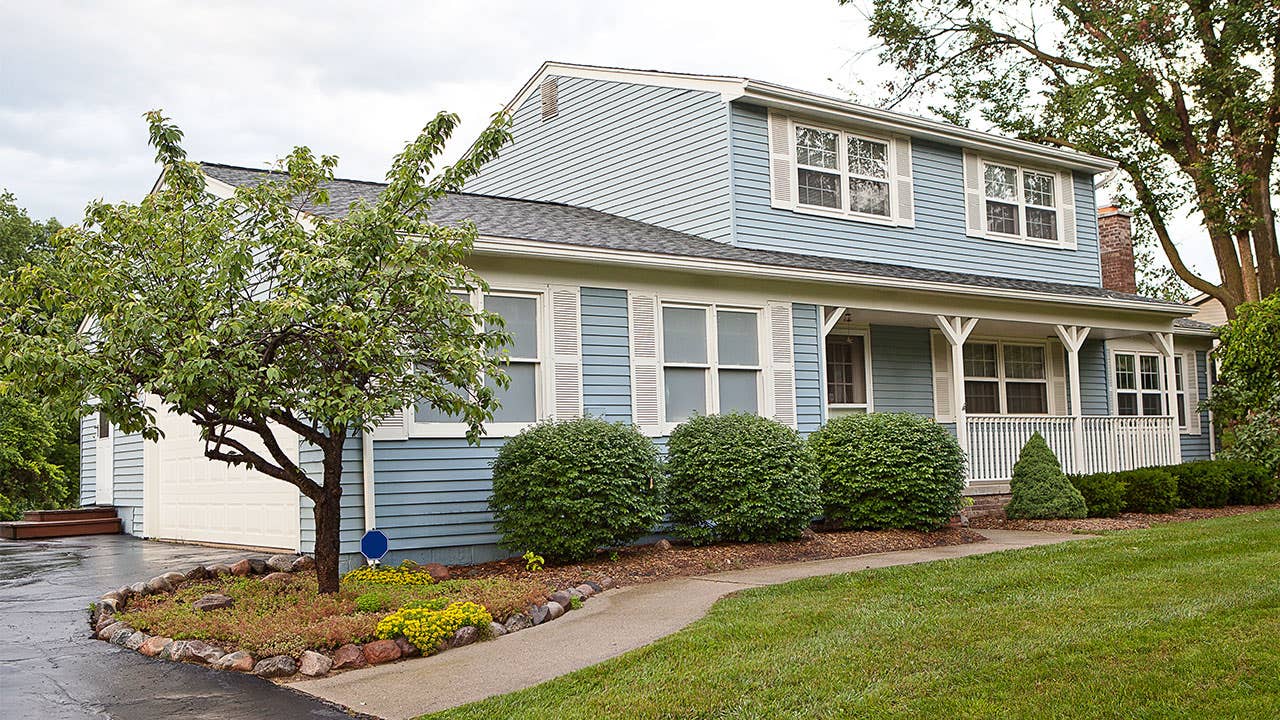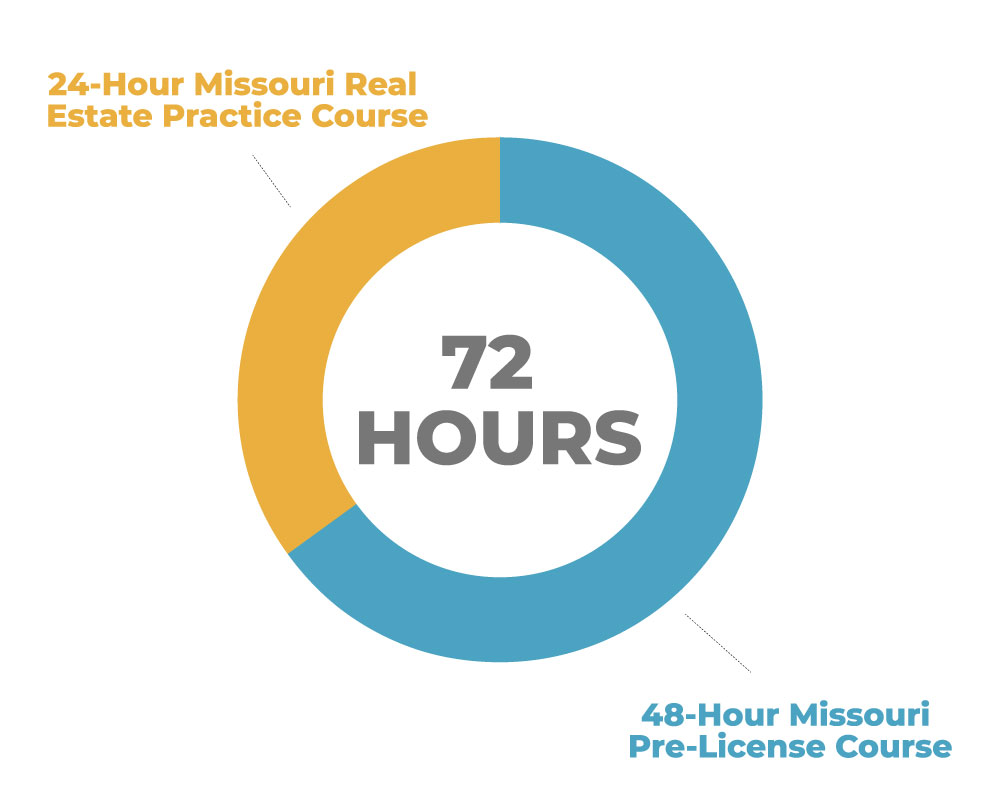
Even though the average downpayment on a house costs less, it's still important to think about how much money you can put down before you purchase a home. This is a major factor in the true cost of owning a house. A higher down payment will result in a smaller loan and save you money on interest. Additionally, it can be a good idea to put down more than the average amount for a home in order to attract potential buyers.
However, the best down payment on a home is usually a personal choice. It all depends on what kind of mortgage the buyer is looking for. A conventional loan for a home usually requires a downpayment equal to 3%. Programs are available to assist you in getting a home. Some of these programs may require you make deferred repayments. Other grants and second mortgages might also be available.

What is the average down-payment for a house? This is one of the most frequently asked questions about down-payments. The National Association of Realtors has conducted some research to help answer this complicated question. They have come up with several estimates. For a first time buyer, the average down payment on a home is estimated to be 7%. This number may vary from one place to the next. It is also different if you are a first-time buyer, a repeat buyer, or a non-first-time buyer.
A downpayment on a house can be very expensive, especially for a new buyer. Do your research. Many municipalities and programs offer assistance with down payments. This can be in the form of a second mortgage or grant. Also, it is a good idea having an emergency fund.
The average down payments on a home vary depending on the buyer's age. Typically, younger buyers are more comfortable with smaller down payments. However, older buyers are more likely to make a bigger down payment. Because they have more equity to draw from, they are able to spend more. This can be a good thing if you're trying to buy a more expensive home.
The average down payment on a house is much lower than it used to be a few decades ago. However, this does not mean that home buying is easier or more affordable. It means that the current housing market can prove difficult to navigate. You will also likely have to pay more for a house that is more expensive. This doesn't mean that you won't find the perfect home.

The National Association of REALTORS estimated that in 2021, the average downpayment on a home in the United States would be just 7%. This is lower then the old adage "You should save for a downpayment in 2021."
FAQ
What are the pros and cons of a fixed-rate loan?
Fixed-rate mortgages lock you in to the same interest rate for the entire term of your loan. This ensures that you don't have to worry if interest rates rise. Fixed-rate loans come with lower payments as they are locked in for a specified term.
What is a "reverse mortgage"?
A reverse mortgage is a way to borrow money from your home without having to put any equity into the property. It works by allowing you to draw down funds from your home equity while still living there. There are two types: government-insured and conventional. You must repay the amount borrowed and pay an origination fee for a conventional reverse loan. FHA insurance covers repayments.
How much will my home cost?
It depends on many factors such as the condition of the home and how long it has been on the marketplace. Zillow.com says that the average selling cost for a US house is $203,000 This
How can I get rid Termites & Other Pests?
Your home will be destroyed by termites and other pests over time. They can cause serious damage and destruction to wood structures, like furniture or decks. This can be prevented by having a professional pest controller inspect your home.
How do I fix my roof
Roofs can leak because of wear and tear, poor maintenance, or weather problems. Roofing contractors can help with minor repairs and replacements. Get in touch with us to learn more.
Is it possible to quickly sell a house?
If you have plans to move quickly, it might be possible for your house to be sold quickly. However, there are some things you need to keep in mind before doing so. You must first find a buyer to negotiate a contract. Second, prepare the house for sale. Third, your property must be advertised. Lastly, you must accept any offers you receive.
Statistics
- It's possible to get approved for an FHA loan with a credit score as low as 580 and a down payment of 3.5% or a credit score as low as 500 and a 10% down payment.5 Specialty mortgage loans are loans that don't fit into the conventional or FHA loan categories. (investopedia.com)
- 10 years ago, homeownership was nearly 70%. (fortunebuilders.com)
- Based on your credit scores and other financial details, your lender offers you a 3.5% interest rate on loan. (investopedia.com)
- Private mortgage insurance may be required for conventional loans when the borrower puts less than 20% down.4 FHA loans are mortgage loans issued by private lenders and backed by the federal government. (investopedia.com)
- Some experts hypothesize that rates will hit five percent by the second half of 2018, but there has been no official confirmation one way or the other. (fortunebuilders.com)
External Links
How To
How to Manage A Rental Property
You can rent out your home to make extra cash, but you need to be careful. This article will help you decide whether you want to rent your house and provide tips for managing a rental property.
This is the place to start if you are thinking about renting out your home.
-
What are the first things I should consider? Before you decide if your house should be rented out, you need to examine your finances. You may not be financially able to rent out your house to someone else if you have credit card debts or mortgage payments. It is also important to review your budget. If you don't have enough money for your monthly expenses (rental, utilities, and insurance), it may be worth looking into your options. You might find it not worth it.
-
How much does it cost for me to rent my house? The cost of renting your home depends on many factors. These factors include the location, size and condition of your home, as well as season. Remember that prices can vary depending on where your live so you shouldn't expect to receive the same rate anywhere. The average market price for renting a one-bedroom flat in London is PS1,400 per month, according to Rightmove. This means that if you rent out your entire home, you'd earn around PS2,800 a year. Although this is quite a high income, you can probably make a lot more if you rent out a smaller portion of your home.
-
Is it worth the risk? Although there are always risks involved in doing something new, if you can make extra money, why not? You need to be clear about what you're signing before you do anything. It's not enough to be able to spend more time with your loved ones. You'll need to manage maintenance costs, repair and clean up the house. You should make sure that you have thoroughly considered all aspects before you sign on!
-
Are there any benefits? It's clear that renting out your home is expensive. But, you want to look at the potential benefits. Renting out your home can be used for many reasons. You could pay off your debts, save money for the future, take a vacation, or just enjoy a break from everyday life. No matter what your choice, renting is likely to be more rewarding than working every single day. If you plan ahead, rent could be your full-time job.
-
How can I find tenants Once you decide that you want to rent out your property, it is important to properly market it. Start by listing online using websites like Zoopla and Rightmove. After potential tenants have contacted you, arrange an interview. This will help you assess their suitability and ensure they're financially stable enough to move into your home.
-
How can I make sure that I'm protected? If you don't want to leave your home empty, make sure that you have insurance against fire, theft and damage. You will need insurance for your home. This can be done through your landlord directly or with an agent. Your landlord will often require you to add them to your policy as an additional insured. This means that they'll pay for damages to your property while you're not there. If you are not registered with UK insurers or if your landlord lives abroad, however, this does not apply. In this case, you'll need to register with an international insurer.
-
It's easy to feel that you don't have the time or money to look for tenants. This is especially true if you work from home. Your property should be advertised with professionalism. Make sure you have a professional looking website. Also, make sure to post your ads online. A complete application form will be required and references must be provided. Some people prefer to do the job themselves. Others prefer to hire agents that can help. In either case, be prepared to answer any questions that may arise during interviews.
-
What happens once I find my tenant If you have a lease in place, you'll need to inform your tenant of changes, such as moving dates. You may also negotiate terms such as length of stay and deposit. Remember that even though you will be paid at the end of your tenancy, you still have to pay utilities.
-
How do you collect the rent? You will need to verify that your tenant has actually paid the rent when it comes time to collect it. You'll need remind them about their obligations if they have not. Any outstanding rents can be deducted from future rents, before you send them a final bill. If you're struggling to get hold of your tenant, you can always call the police. They will not normally expel someone unless there has been a breach of contract. However, they can issue warrants if necessary.
-
What can I do to avoid problems? You can rent your home out for a good income, but you need to ensure that you are safe. You should install smoke alarms and carbon Monoxide detectors. Security cameras are also a good idea. It is important to check that your neighbors allow you leave your property unlocked at nights and that you have sufficient insurance. Finally, you should never let strangers into your house, even if they say they're moving in next door.